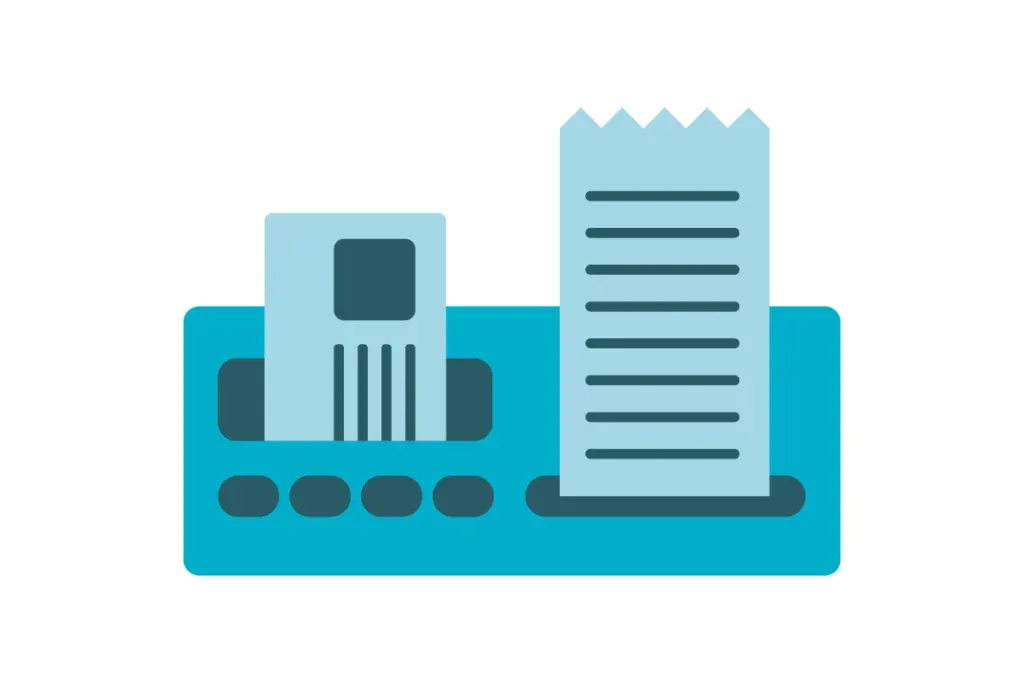The driver card of a digital tachograph must be read out periodically to comply with the tachograph rules. There are different types of tachograph download equipment; read about them below.
The driver card
(Personal) data is stored on a driver card. The data that the tachograph registers is stored at both the driver level and on the tachograph. The driver card is personal. The driver of a vehicle that is subject to the tachograph requirement is therefore obliged to use this card. Anyone who fails to do so or who does so incorrectly can expect a hefty fine.

The registered information must be read at least every 28 days. But beware, some EU countries handle shorter periods!
What is a card reader?
A card reader allows the data that is stored in the mass memory and on the driver card to be read. Since the law requires this information to be stored for a minimum of 52 weeks, it is extremely important to have reliable reading and storage equipment.
What does a driver card record?
The driver card records personal information about every journey including:
- the vehicles in which the card is used;
- the mileage of the relevant vehicle;
- the driving times;
- the distances:
- the journey type;
- the presence of any co-drivers.
Types of card reader
A card reader is a part of a download key or similar device (usually integrated), with which the data from a driver card is read out manually. Below you can find some of the most used solutions to download driver card data:
- FleetGO remote download – remote driver card readings
- FleetGO Driver Card Download Terminal
- DigiVU(+) download key
- GloboFleet – card control plus
- VDO download key
- Digicard – driver card reading unit
- Digifob 2.0 driver card reading unit
Disclaimer
This content is provided for informational purposes only and is not meant to be an endorsement or representation by FleetGO.com or any other party. This information may contain inaccuracies or typographical errors, despite our efforts to ensure accuracy. FleetGO.com accepts no responsibility or liability for any errors or omissions, and is not responsible for the contents of any linked website or any link contained in a linked website. Please refer to our full disclaimer for more details.


